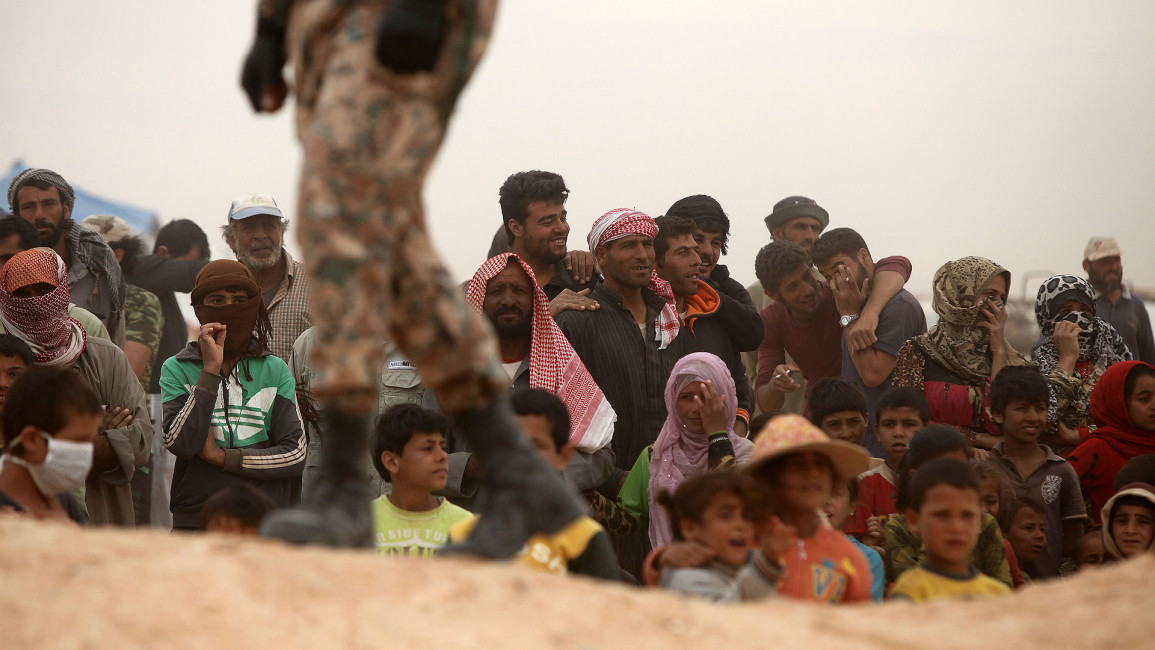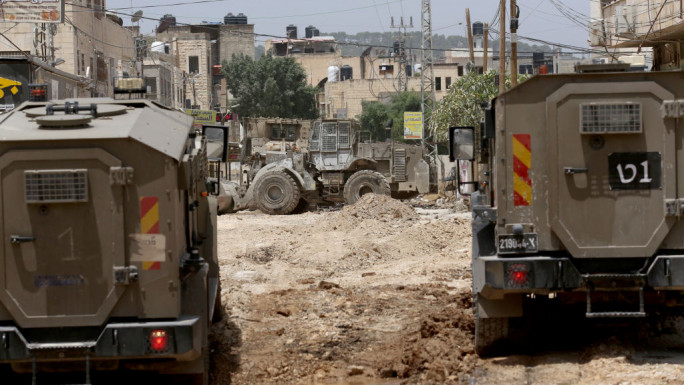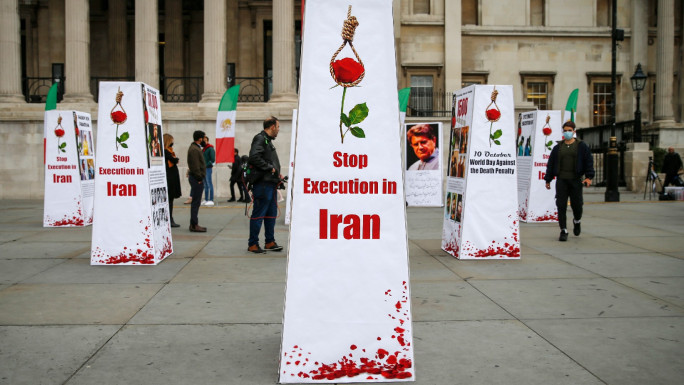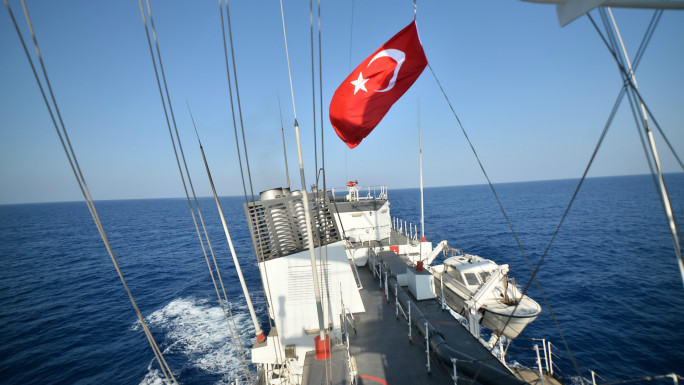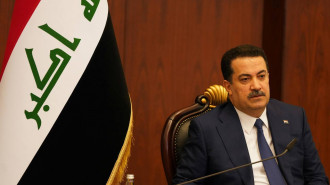Water trucks head to Syrians stranded on Jordan border
An international aid official says Thursday's shipment marks the first confirmed attempt to send water from Jordan to the stranded refugees since Jordan sealed the area in response to a deadly attack on its troops on Tuesday.
Refugees warned on Wednesday that people had begun drinking dirty water.
For months, refugees stuck on the border received food and water from Jordan-based international aid agencies.
Government spokesman Mohammed Momani said that with the border sealed, aid groups will need to find alternatives to sending supplies from Jordan.
Last month, Jordan saw a fresh influx of refugees sparked by a flare-up in the five-year civil war in Syria. Jordan says it hosting nearly 1.4 million refugees, of whom 630,000 are registered with the UN. Their presence has placed a massive strain on Jordan's economy and resources, and raised security concerns.
On Tuesday the Jordanian government spokesman said the country did not expect to build more refugee camps on its soil or extend those already there.
In just a few days in early May nearly 5,500 people arrived in the Rukban district – an arid remote area northeast of Jordan, near the joint borders with Syria and Iraq. Authorities kept hundreds camped outside Rukban waiting for screening, out of fear that they may be involved with the Islamic State group, which controls swathes of eastern Syria and neighbouring Iraq.
According to sources close to Islamist groups in the region, around 4,000 Jordanians have joined militant groups in Iraq and Syria, where an estimated 420 have been killed since 2011.
